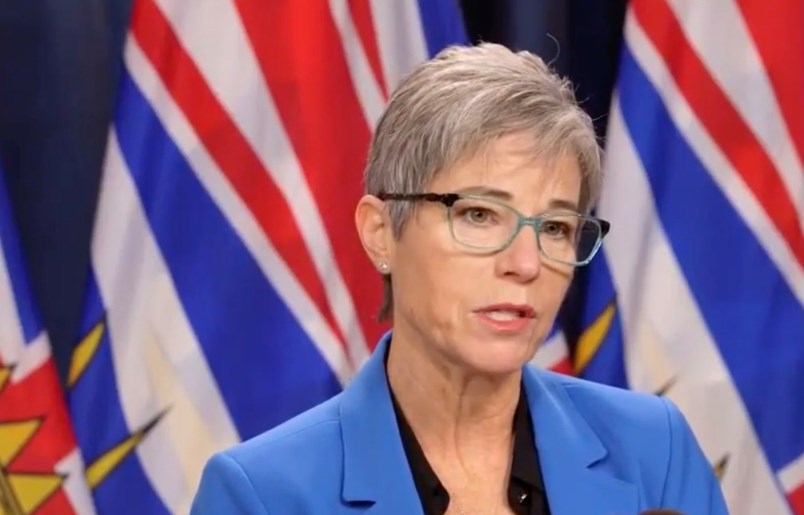The province expects to post a surplus of $706 million in the current fiscal year, according to its first-quarter fiscal update released September 12.
Higher taxes as well as revenues from the reviving oil and gas sector supported the rosy outlook.
"While we can't ignore today's global inflation and the economic turbulence ahead, the Province performed better than expected because British Columbians have worked hard to keep our economy going," said provincial finance minister Selina Robinson in delivering the report.
But one area where British Columbians are working less appears to be in real estate, with the province reporting lower revenues from the property transfer tax.
The province collected $863 million in property transfer taxes in the three months ended June 30, well above the budget forecast of $795 million. A cooling real estate market meant that collections were down 8.8 per cent from a year ago, however.
During the period, data from the B.C. Real Estate Association indicates that the province saw $24.5 billion worth of residential sales. This was down 29.2 per cent from the value that changed hands last year.
By the end of the fiscal year, the province expects to receive $2.5 billion from the property transfer tax. This is down from 25 per cent from last year.
The latest housing market outlook from the BCREA, released Sept. 8, forecasts unit sales to decline 34.4 per cent through the end of the year. It will be mitigated by a 4.5 per cent increase in the average sale price to $969,400.
BCREA chief economist Brendon Ogmundson says the downturn is likely to be short-lived, however.
“While the housing market is currently feeling the weight of higher interest rates, the downturn is unlikely to be long-lived as BC’s strong population growth combined with extremely favourable demographics means there will be no shortage of demand for housing in the province,” he said.



